Deep-sea mining evidence review published
The deep-sea mining independent evidence review report was commissioned by the UK Government to inform its policy in relation to deep-sea mining.
31/10/2022 By BGS Press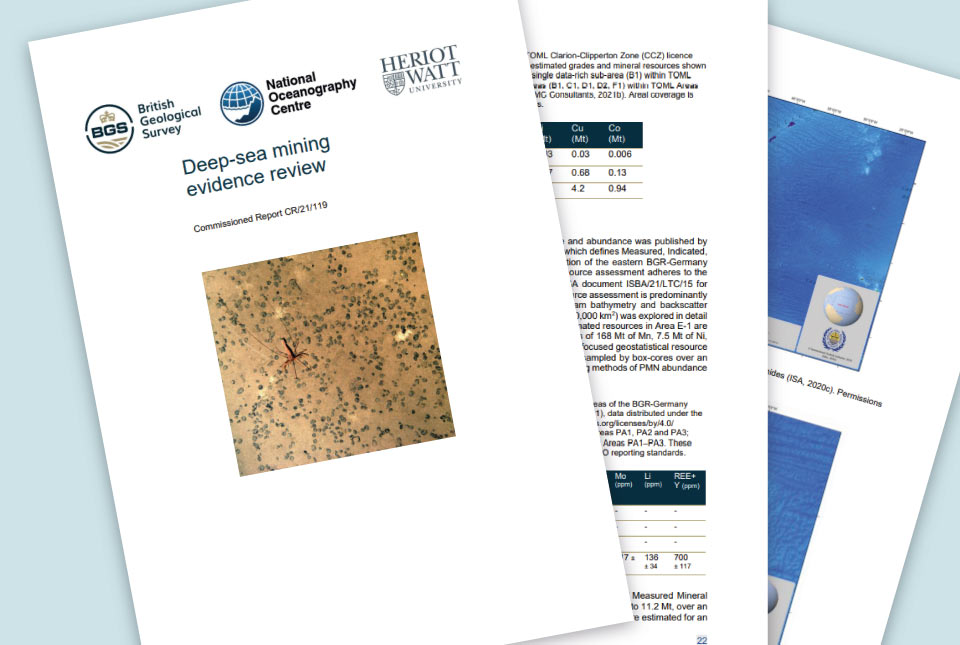
The deep-sea mining independent evidence review report was commissioned by the UK Government in March 2021 to inform its policy in relation to deep-sea mining.
It was overseen by a project board, which included representatives from UK Government departments and was undertaken by a team of independent experts from BGS, the National Oceanography Centre and Heriot-Watt University.
The terms of reference for this review are reproduced in the report and were set by the UK Government. These identify the key topics and questions to be addressed, together with the required research methodology.
The deep-sea mining evidence review report has four distinct components:
- an evidence review, drawing on existing peer-reviewed data and research from academic journals and relevant, openly available publications from companies, regulators, research organisations and non-governmental bodies
- a summary of the findings of a stakeholder consultation exercise undertaken by the evidence review team
- a series of scenarios that explore potential future challenges associated with deep-sea mining
- a commentary on the questions posed in the terms of reference, drawing on the entire body of evidence gathered during the review
The review report has been externally peer-reviewed by independent UK and international experts. It is now publicly available on the BGS and MineralsUK websites.
If you have any enquiries on the findings of the scientific report, please email our Press Office.
Frequently asked questions
The deep-sea mining evidence review was commissioned by the UK Government in 2021. It is intended to provide a comprehensive description of current research related to deep-sea mining. It will inform the UK’s policy and future engagement with the deep-sea mining sector. It also informs the UK Government’s interaction with the International Seabed Authority (ISA), with regards to marine areas beyond national jurisdiction.
The evidence review captures the baseline data and knowledge to support informed decision making regarding the sustainable development of mineral resources in the deep sea.
The UK Government has framed the topics and questions through a ‘terms of reference’ for the review. The evidence review addresses these as follows:
- a review of existing peer-reviewed scientific data and research and other relevant, openly available publications
- analysis of the findings of a stakeholder engagement exercise
- development and analysis of a series of scenarios
- a commentary on the questions posed in the terms of reference, drawing on the entire body of evidence gathered during the review
The deep-sea mining evidence review has been generated by three research-led institutions: BGS, the National Oceanography Centre and Heriot-Watt University.
Scientists from these institutions undertook a full review of existing peer-reviewed data and research from academic journals. The research group also reviewed information from relevant publicly available publications from companies, regulators, research organisations and non-governmental bodies. To support the review, engagement with relevant stakeholders was undertaken, as well as compilation and review of responses to a series of questions.
Yes, the report went through a peer-review process in 2022.
Three independent, expert reviewers provided comment and analysis:
- David Cronan, professor of marine geochemistry, Imperial College, UK
- Nigel Steward, chief scientist, development and technology, Rio Tinto, Canada
- Richard Herrington, head of earth sciences, Natural History Museum, UK
The final report has been amended to take account of this process.
The deep-sea mining evidence review was not commissioned to make recommendations. However, the outcomes of the review can be summarised under three categories. These are:
- state of knowledge: what is known, based on the available evidence base
- key areas of uncertainty: what we do not know and what gaps exist in the evidence base
- some societal and policy choices highlighted as a result
Relative topics
Related news

New interactive map viewer reveals growing capacity and rare earth element content of UK wind farms
16/05/2025
BGS’s new tool highlights the development of wind energy installations over time, along with their magnet and rare earth content.
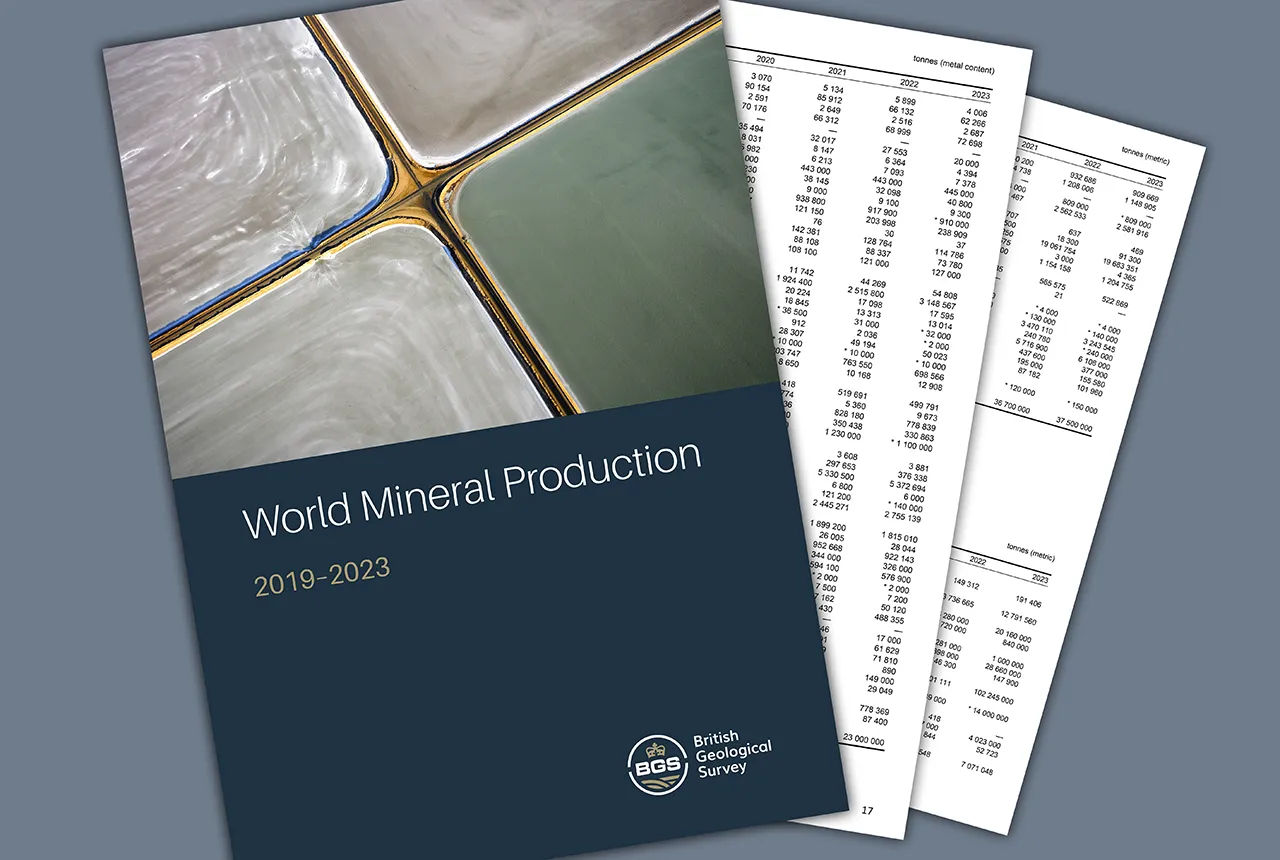
Latest mineral production statistics for 2019 to 2023 released
28/04/2025
More than 70 mineral commodities have been captured in the newly published volume of World Mineral Production.
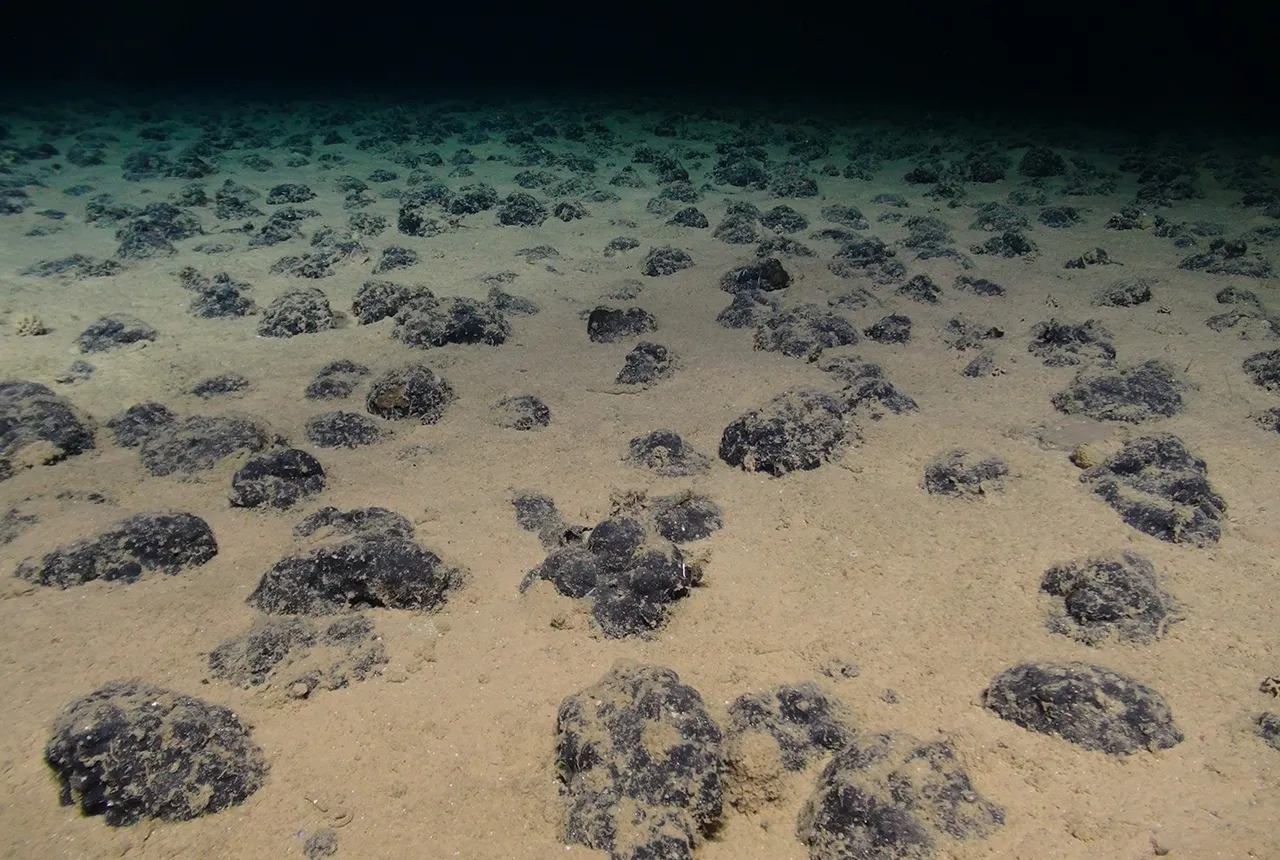
New study reveals long-term effects of deep-sea mining and first signs of biological recovery
27/03/2025
BGS geologists were involved in new study revealing the long-term effects of seabed mining tracks, 44 years after deep-sea trials in the Pacific Ocean.
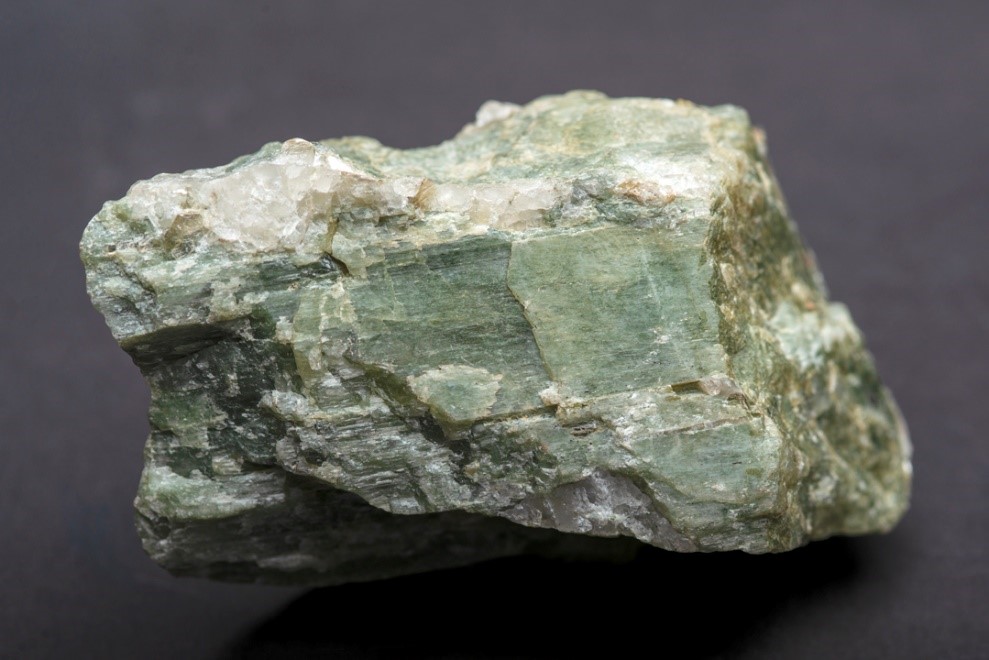
Future projections for mineral demand highlight vulnerabilities in UK supply chain
13/03/2025
New Government-commissioned studies reveal that the UK may require as much as 40 per cent of the global lithium supply to meet anticipated demand by 2030.
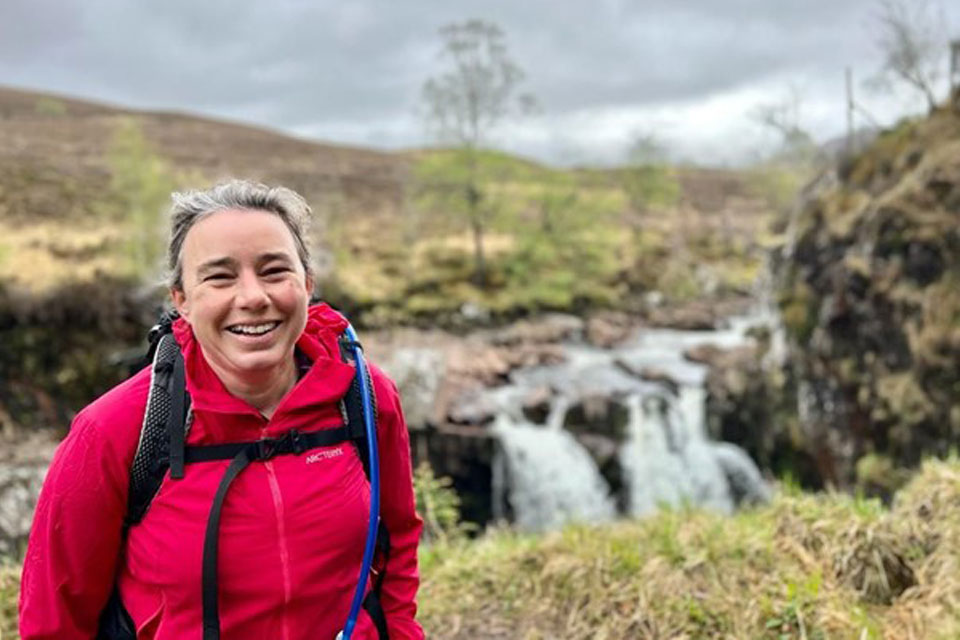
Dr Kathryn Goodenough honoured with prestigious award from The Geological Society
27/02/2025
Dr Kathryn Goodenough has been awarded the Coke Medal, which recognises those who have made a significant contribution to science.

The challenge of assessing the UK economy’s dependence on mineral supply
28/11/2024
Critical, essential, or just plain important? Dr Gavin Mudd, director of the Critical Minerals Intelligence Centre, discusses the findings and new methodology featured in the 2024 UK Criticality Assessment.

UK 2024 Criticality Assessment published
28/11/2024
The latest UK Criticality Assessment, produced by the UK Critical Minerals Intelligence Centre, shows that growing diversification brings an increasing vulnerability in terms of disruption to supply.
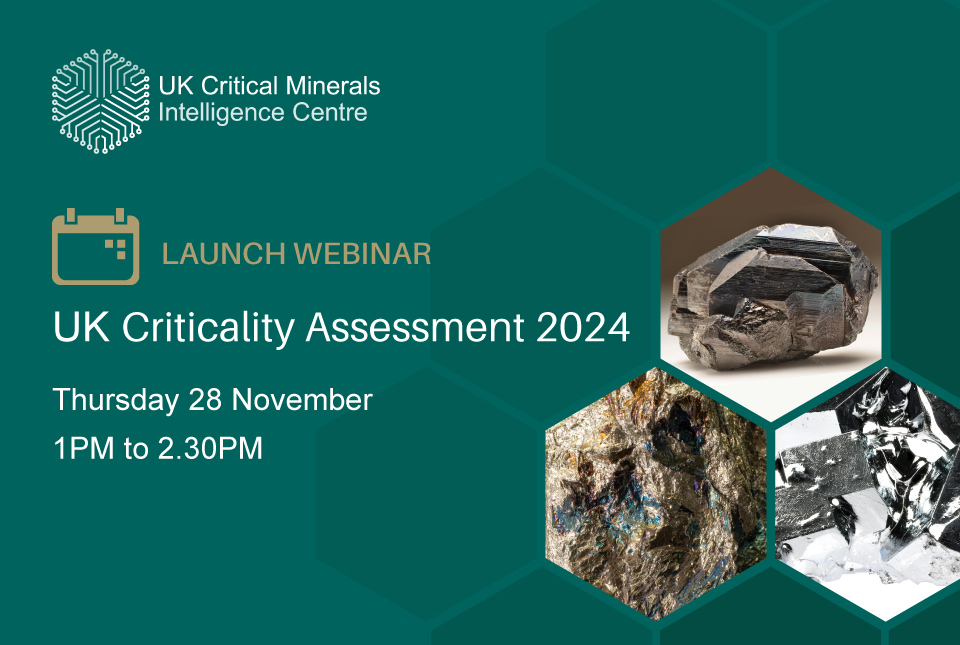
Criticality Assessment 2024 launch webinar
Event on 28/11/2024
A special live webinar with the team from the Critical Minerals Intelligence Centre to accompany the launch the latest UK Criticality Assessment. A recording is now available to watch online

Mining sand sustainably in The Gambia
17/09/2024
BGS geologists Tom Bide and Clive Mitchell travelled to The Gambia as part of our ongoing work aiming to reduce the impact of sand mining.
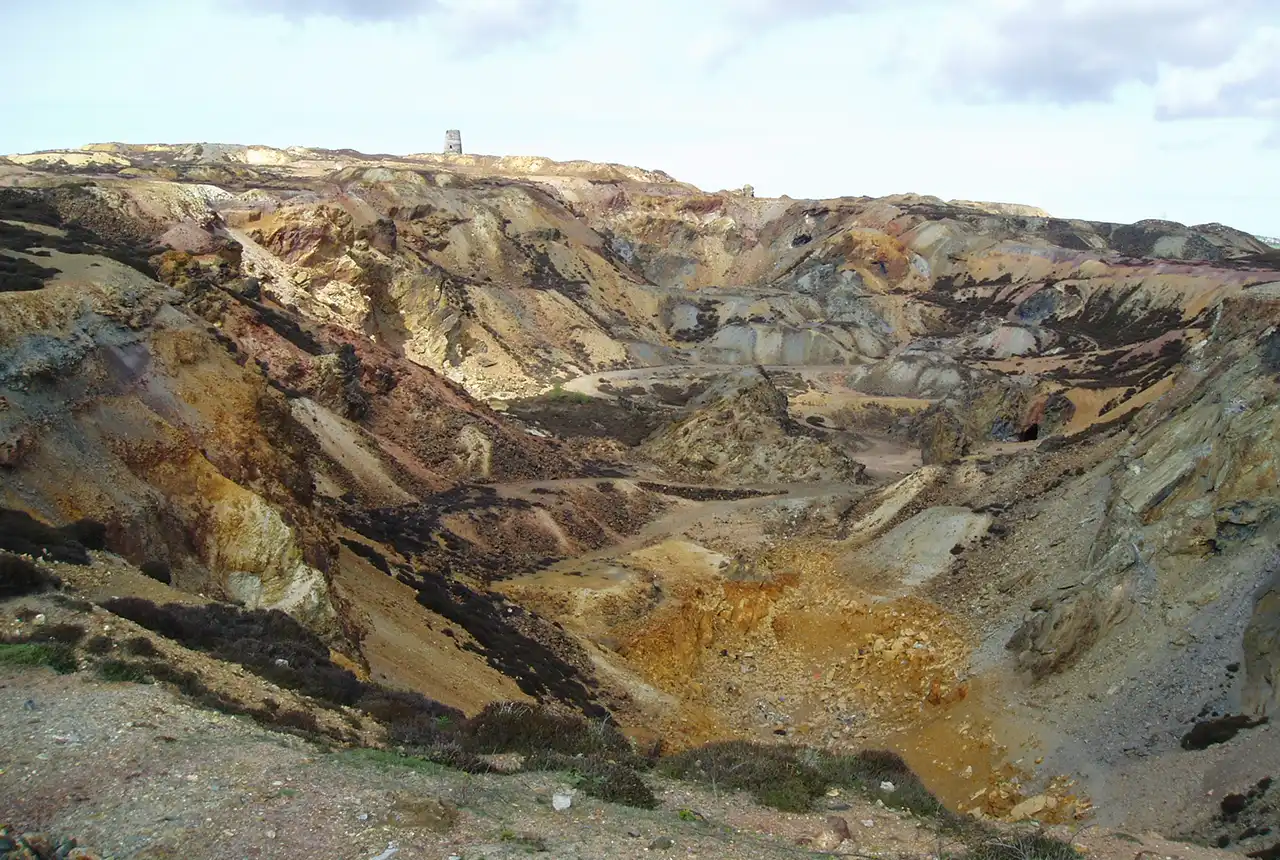
Over 600 mineral exploration project reports now available through the UK Critical Minerals Intelligence Centre
17/05/2024
All 662 reports from the Mineral Exploration and Investigation Grants Act programme are now available on the Critical Minerals Intelligence Centre website.
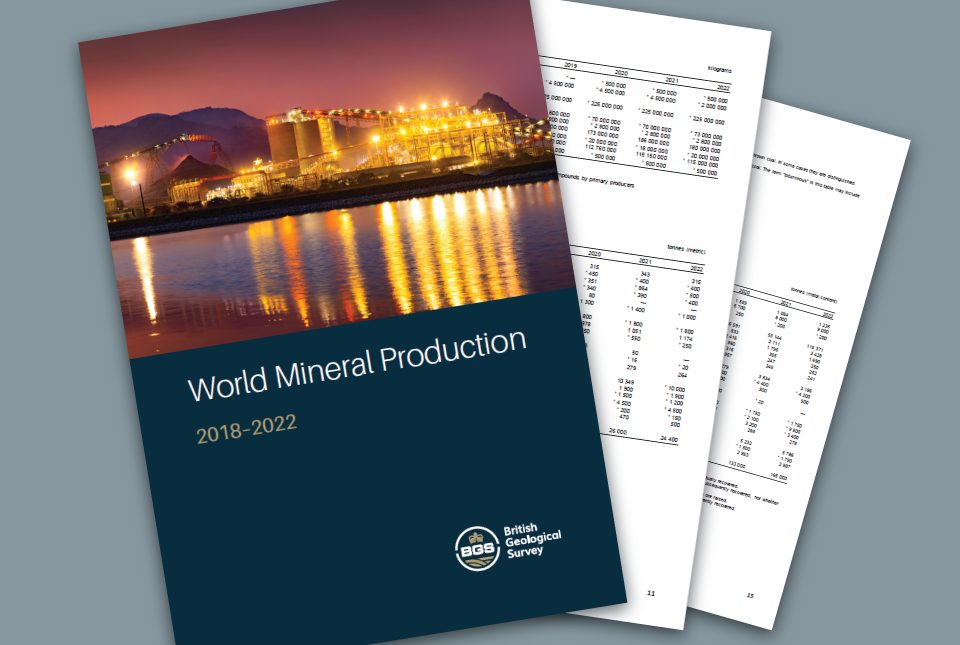
World Mineral Production 2018 to 2022 is now available
09/04/2024
The latest edition of World Mineral Production has been released.
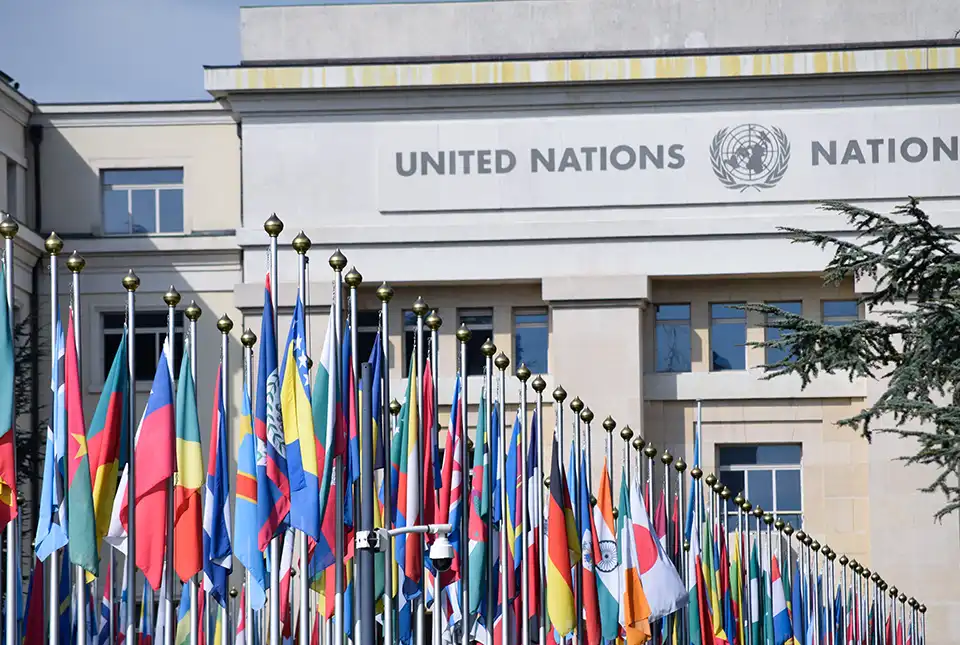
BGS to help deliver International Centre of Excellence on Sustainable Resource Management
27/02/2024
BGS has been announced as part of a consortium approved by the UN to deliver its International Centres of Excellence on Sustainable Resource Management.


